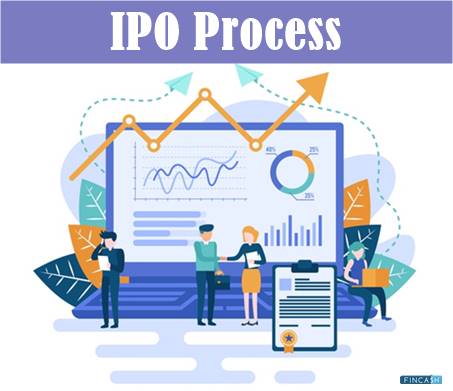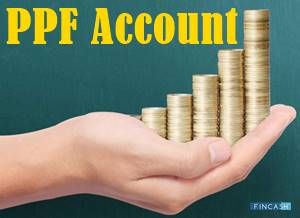What is IPO (Initial Public Offering)?
Every company gets to have a starting point. And, often, it comprises founders Investing a massive chunk of money with a hope to make the business grow and thrive eventually. However, as private, small-scale companies begin acquiring traction, a lot of them realize the importance of outside financing to continue their operations. And thus, they decide to step into Initial Public Offering (IPO).

An IPO is a process that enables a private company to sell their stocks to third-party investors; thus, turning into a public company. Once they have gone IPO, the company can raise Capital by selling shares while adhering to the guidelines set by the Securities and Exchange Board of India (SEBI).
IPO Meaning
Abbreviated for Initial Public Offering, IPO can simply be understood from the fact that it allows private companies to go public by trading the shares to outside investors for the first time. In case you are the founder of a private company and has several shareholders on-board, after a brief discussion and affirmation from notable members, you can sell the shares to gain financial value in return. Also, by going IPO, you can get your company’s name listed on the stock exchange.
Advantages of IPO Process
- A company gets to access investment from the public to raise capital
- The IPO process facilitates an easier acquisition of the deals
- The increased transparency can help a company gain favourable credit borrowing terms in comparison to any private company
- A company can use secondary offerings to raise more funds in the coming years as it already has complete access to the Market via IPO
- With IPOs, a company can have a lower cost of capital for both debt and equity
- It also helps to enhance the exposure, public image and prestige of a company for better sales and revenue
Talk to our investment specialist
Disadvantages
- IPO process could be an expensive affair since the costs of regulating a public company is much more than the cost of operating a private firm
- The company would have to reveal secrets and sensitive data to the public, including Accounting, financial, tax, and other information
- There could be ongoing legal, marketing, and accounting costs; adding more to the expense
- More effort, time, and attention is needed to Handle the entire project
- There is always a risk of not being able to raise the necessary funding as the market could reject the IPO cost
- There will be more people as shareholders, on the board of directors, which will result in losing control over the issues
IPOs Investing
Before diving into the initial public offering process and Going Public, a company gets to hire an investment Bank so as to handle its IPO process. Together, the company and the investment bank, work upon the financial details in an underwriting agreement. And then, along with this agreement, a registration statement has to be filed with the SEC. After scrutinizing the disclosed information and being satisfied with it, the SEC provides a specific date on which the company would have to announce its IPO.
Reasons to Offer an IPO
- IPO is one essential money-making exercise used for varied reasons, such as repaying loans, enhancing the infrastructure, expanding the business, and more
- By trading stocks in an Open Market allows a chance to gain increased liquidity; this way, attracting more talent amidst competition becomes easier
- Going public simply means that the company has earned adequate success to flash the name in stock exchange; thus, helping establish credibility and loyalty in the market
Tips for Investing in IPOs
Deciding on whether to go for an IPO investment could be a tricky decision, especially if the company is new in the market. Thus, before you play around with your hard-earned money, there are a few aspects to keep in mind, such as:
- If the company doesn’t have enough historical data, scrutinize the IPO details available on the prospectus and know more about their fund management team, their future plans pertaining to the usage of funds generated from the IPO, and more such information
- Be cautious of who is underwriting for the company as there are several small investment banks who would do it for any company; thus, make sure that the company’s underwriting is coming from nowhere but through a well-known brokerage in the market
- Purchasing the IPO of a company makes you exposed to the future of that company, thus, putting a direct impact of its losses and success on you
- Sure, this asset in your Portfolio holds high potential; however, if your investment sinks, there would be no sign of the same
Conclusion
Investing in a company’s IPO is definitely a huge decision that requires undivided attention. Thus, before you join in, make sure that you understand every aspect of the company, including their past, present and future scenarios. This digging in will help you make a better decision.
All efforts have been made to ensure the information provided here is accurate. However, no guarantees are made regarding correctness of data. Please verify with scheme information document before making any investment.












